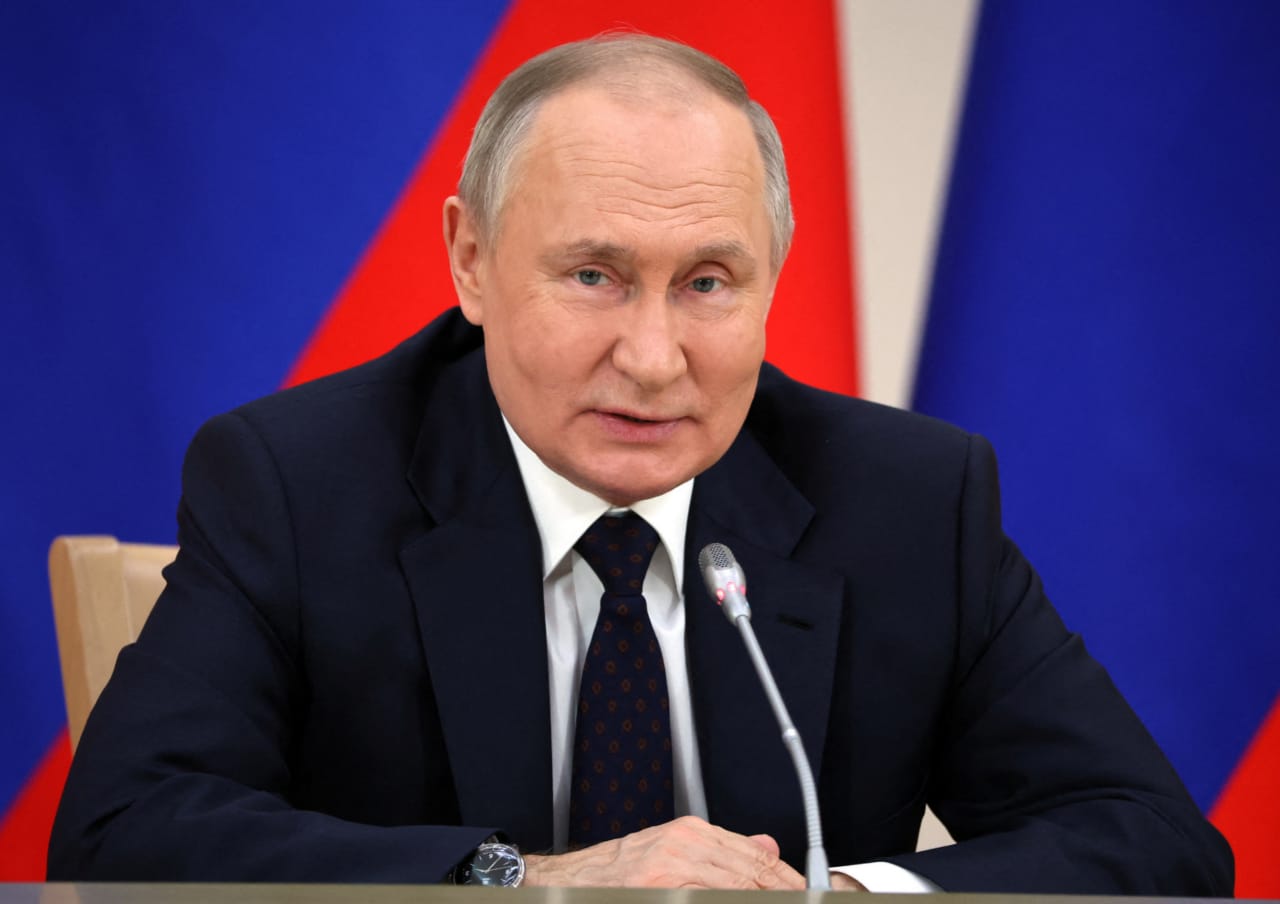
The Kremlin emphasised that accomplishing Russia's strategic goals continues to be the top priority while confirming that President Vladimir Putin is still open to holding peace negotiations with Ukraine. Kremlin spokesperson Dmitry Peskov said on July 20, 2025, that although Moscow prefers a diplomatic solution, military actions will continue until its objectives are achieved.
Peskov reaffirmed that Russia has no problem with talks without conditions, pointing out that Putin made this clear when he met with US envoy Steve Witkoff. "Russia is ready to resume negotiations with Ukraine without any preconditions," he said, adding that this position has been stated multiple times before.
Peskov did clarify, though, that the peace process is a protracted and intricate undertaking. "President Putin has stated time and time again that he wants to find a peaceful solution to the Ukrainian issue as quickly as possible. He told state television reporter Pavel Zarubin, "This is a lengthy process, it takes work, and it is not easy." "Achieving our objectives is the most important thing to us. Our objectives are very clear.
The Kremlin has repeatedly demanded that any peace agreement include stringent restrictions on Ukraine's military capabilities, a formal renunciation of Kyiv's aspirations to join NATO, and a Ukrainian withdrawal from the four areas that Moscow annexed in September 2022. Ukraine and its allies in the West have strongly objected to these terms.
Furthermore, Russia is against the idea of freezing the war. The Kremlin maintains the right to pursue its objectives through ongoing military operations or "by other available means" because it feels that the war shouldn't be allowed to stall.
These remarks come amid mounting international pressure, including a 50‑day ultimatum from former US President Donald Trump, who threatened steep sanctions unless Moscow agreed to a ceasefire. Despite this, Peskov dismissed claims that Russia was stalling, explaining that Moscow is awaiting Kyiv’s response to participate in a third round of talks initiated in Istanbul in May.
Recent rounds of negotiations in Istanbul resulted in limited agreements on prisoner exchanges and repatriation of the remains of fallen soldiers, but no progress on broader political settlement terms. Peskov warned against expecting quick resolutions.
Meanwhile, Russia has ramped up its military operations, launching intense drone and missile barrages on Ukrainian cities. Analysts suggest the Kremlin may use further battlefield gains as leverage in eventual negotiations.
According to analysts hired by the Kremlin, Russia's strategy entails extending the conflict until at least 2026, bolstering its position by escalating tensions between Western capitals, and pursuing maximalist demands.
In conclusion, Moscow's stance is unambiguous: it is still amenable to peace negotiations, even in the absence of any conditions, but only on conditions that support its political and territorial objectives. Until Russia is satisfied that it has achieved those goals, military operations will continue. In the absence of a substantial compromise, the lengthy and intricate nature of the negotiations indicates that the dispute is unlikely to be settled quickly, if at all.